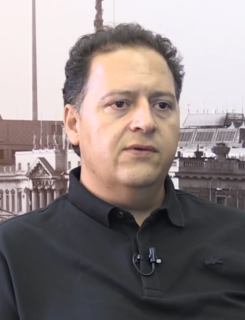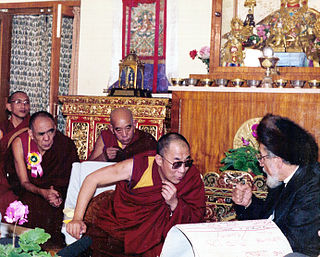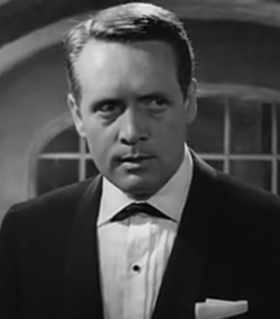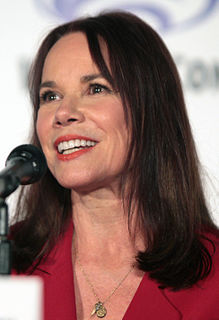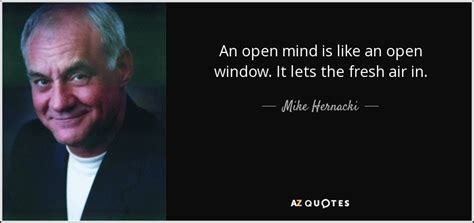A Quote by George Arthur Buttrick
Life is essentially a series of events to be lived through rather than intellectual riddles to be played with and solved.
Related Quotes
It is so important to remember that, as we travel through life, there will be so many events which we can`t control. These are things that seemingly alter our lives forever or become barriers for living a life of fulfillment. It`s important to remember that the ultimate experience of life is not to be controlled by events. We all have difficult events in our lives - the loss of family members, economics, stress, litigation, government interference in our businesses, health challenges. Remember that it is not the events that shape our lives, but, rather, the meaning we attach to them.
Back in the late '90s, a writer named Daniel Handler decided that kids books were too cheerful. I mean, all the "Harry Potter" series did was occasionally kill off major characters. Thus was born "A Series Of Unfortunate Events" and its mysterious author, Lemony Snicket. "A Series Of Unfortunate Events" is now a great new series on Netflix.
I have always wanted to make a series of films which would be like an 'emotional history' that conveys what it feels like to live through history as an experience rather than a grand story. It would be about the relationship between the tiny fragments and moments of personal experience, and the continual backdrop of big events.
A person's life consists of a collection of events, the last of which could also change the meaning of the whole, not because it counts more than the previous ones but because once they are included in a life, events are arranged in an order that is not chronological but, rather, corresponds to an inner architecture.
The largest cultural menace in America is the conformity of the intellectual cliques which, in education as well as the arts, are out to impose upon the nation their modish fads and fallacies, and have nearly succeeded in doing so. In this cultural issue, we are, without reservations, on the side of excellence (rather than "newness") and of honest intellectual combat (rather than conformity).


